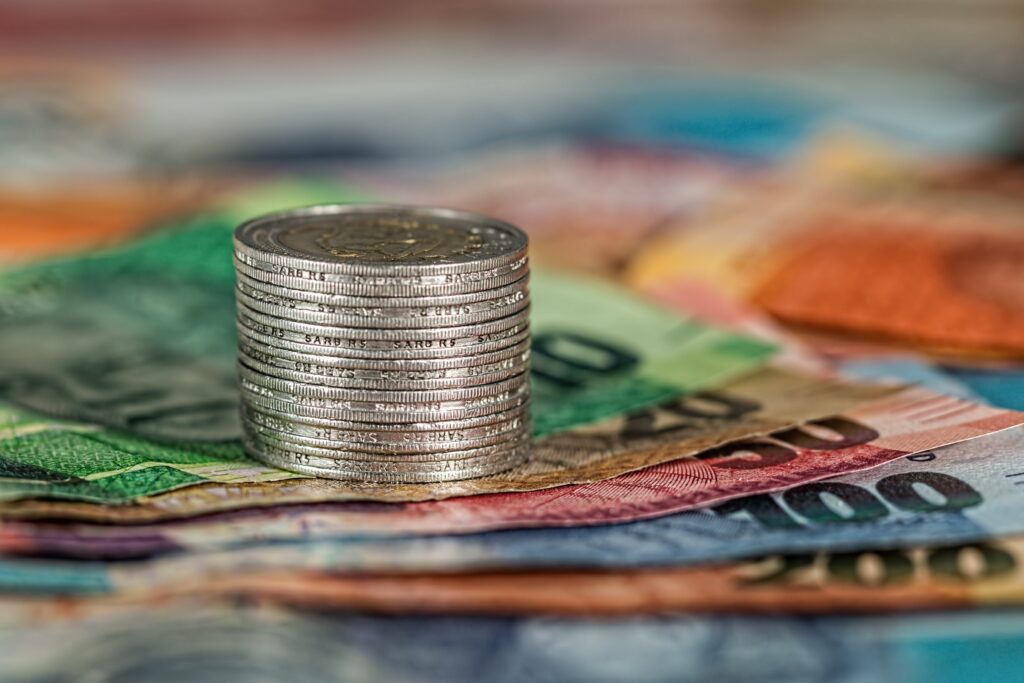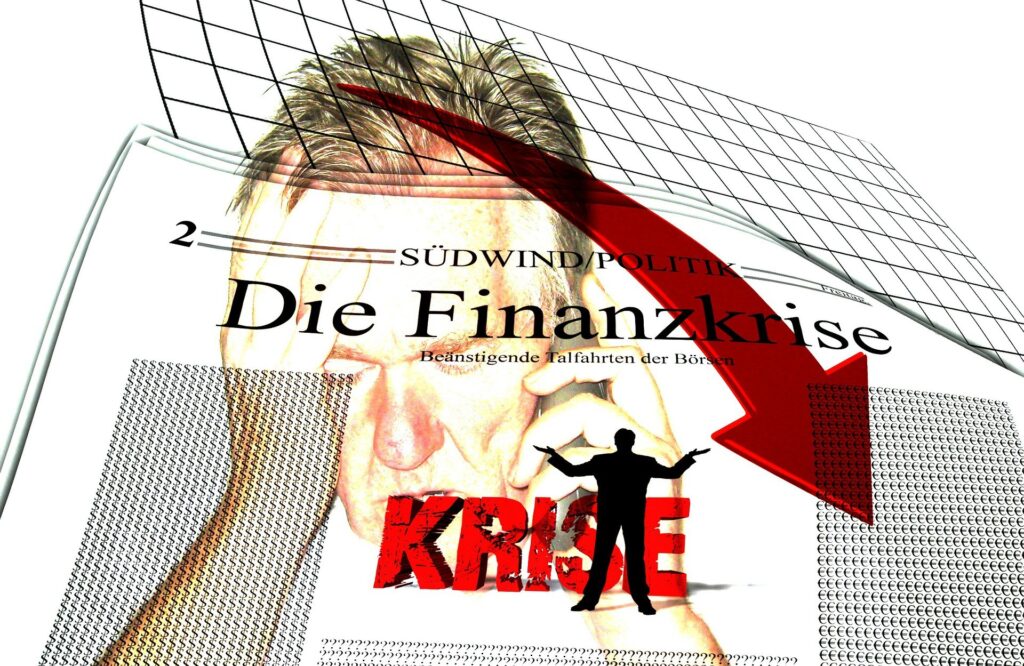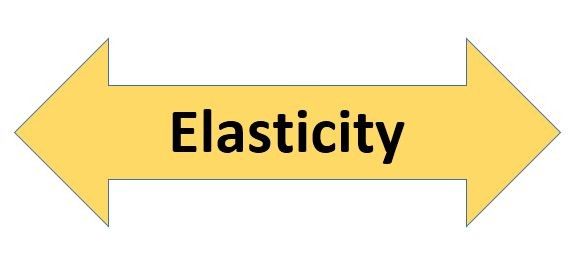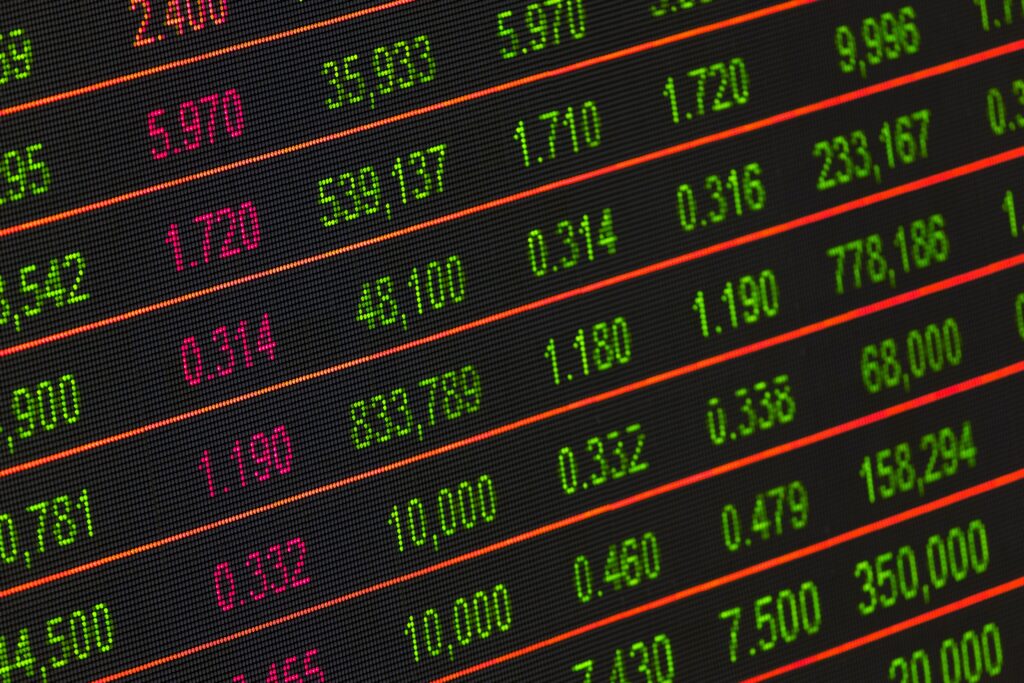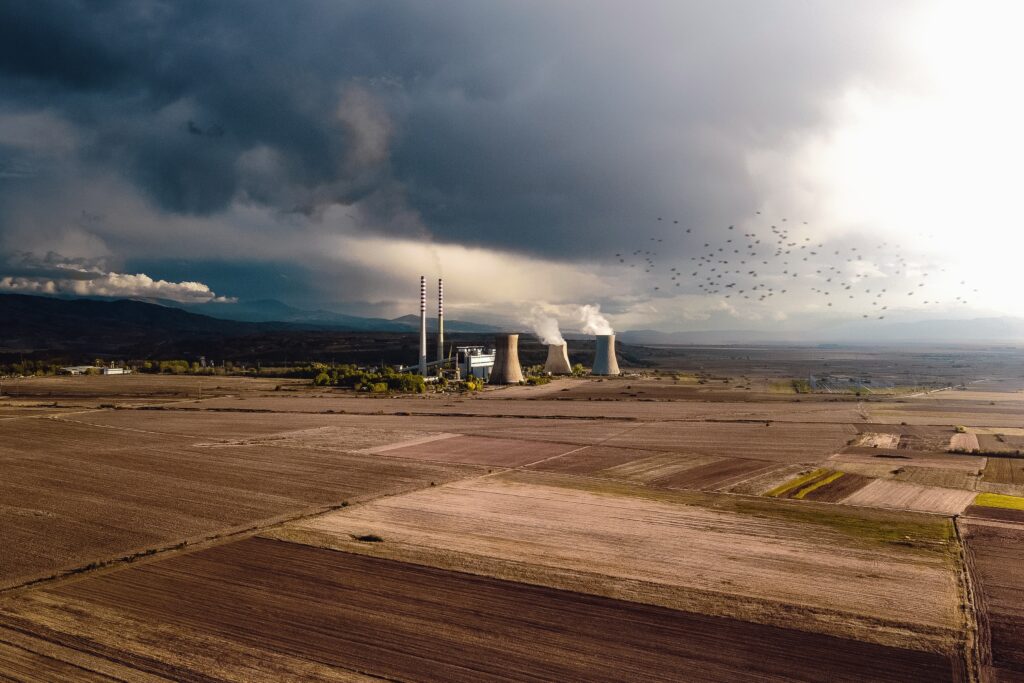The Importance of Savings and Investments
SavingsSaving is the most important factor that determines the level of economic growth of a country.As the success of an individual depends on his or her level of saving, the living standard of anation depends on the level of national savings since it is a contributory factor of a number ofmicroeconomic indicators such as the […]
The Importance of Savings and Investments Read More »


